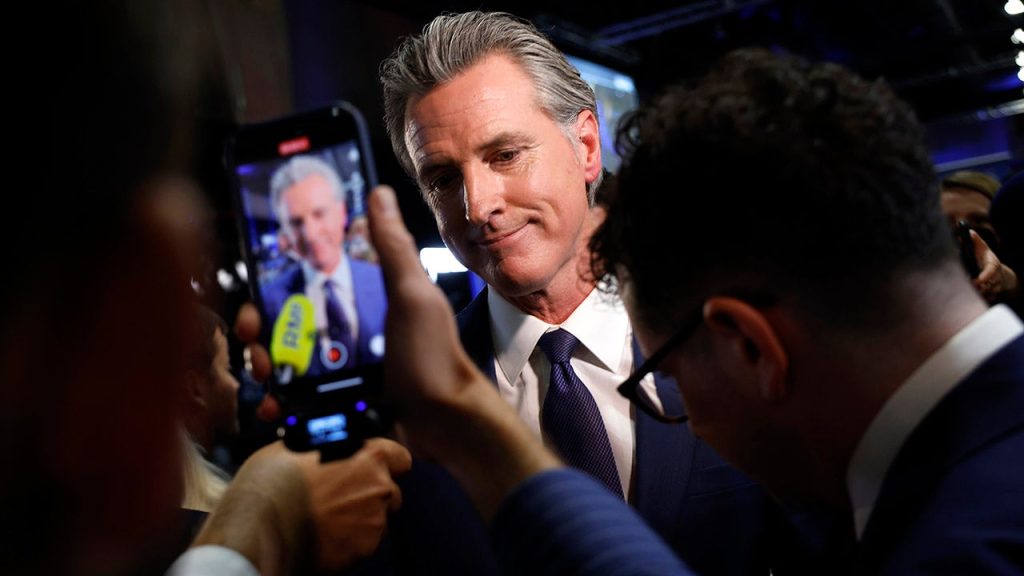A federal judge has blocked a California bill that aimed to outlaw AI-generated “deepfake” content and required the removal of “deceptive content” from social media. The preliminary injunction was granted just two weeks after Democratic Gov. Gavin Newsom signed the controversial measure into law. The lawsuit challenging the bill was filed by the Hamilton Lincoln Law Institute on behalf of Christopher Kohls, known as “Mr. Reagan” online, who argued that the bill was unconstitutional. The court agreed with Reagan, granting a preliminary injunction that stated California cannot infringe on the First Amendment right to critique, parody, and satire.
In response to the judge’s decision, a spokesperson for Newsom’s office warned that deepfakes pose a threat to the integrity of elections and that the new laws were put in place to protect democracy while preserving free speech. The governor’s office expressed confidence that the courts will uphold the state’s ability to regulate deepfakes, stating that California’s laws are no more stringent than those in deep-red states like Alabama. The statement also emphasized that satire remains a protected form of speech in California, even for those who may not understand the intended humor.
The controversy surrounding the bill comes at a crucial time, roughly a month before Election Day. While California officials believe that regulating deepfakes is necessary to safeguard elections, critics argue that the bill infringes on the rights to free speech and expression. The court’s decision to grant a preliminary injunction suggests that there are legitimate concerns about the constitutionality of the bill and its potential impact on forms of political critique and satire.
Although California may choose to appeal the court’s decision, the current injunction prevents the enforcement of the deepfake law until further legal proceedings take place. The outcome of this case could have significant implications for the regulation of AI-generated content and the balance between protecting against misinformation and preserving the rights of individuals to express themselves through satire and parody. It remains to be seen how this issue will play out in the broader debate over online content moderation and the responsibilities of social media platforms.
The clash between the California deepfake law and the First Amendment highlights the challenges of regulating rapidly advancing technologies that have the potential to manipulate visual and audio content. As deepfake technology becomes more sophisticated, policymakers will continue to grapple with how to address the risks posed by deceptive content while upholding the principles of free speech. The outcome of this legal battle may set a precedent for future legislation and court decisions on the regulation of deepfakes and other forms of AI-generated content.


